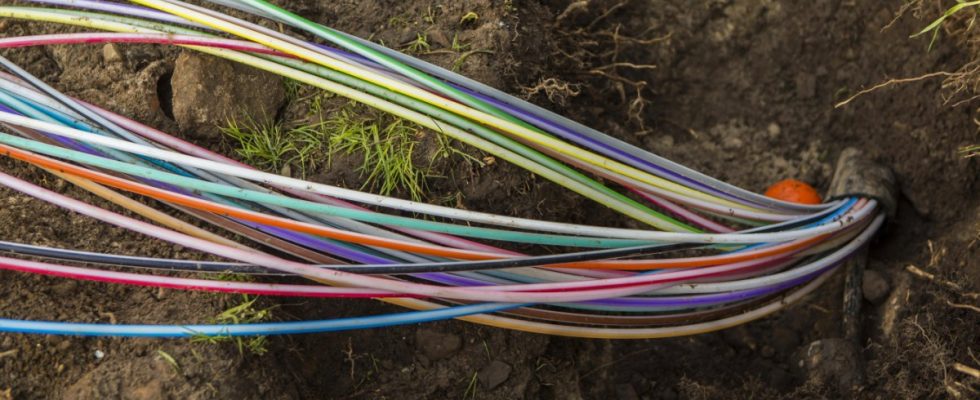Super fast, turbo fast, giga fast – the Internet providers outdo each other with their speed promises. And the government has also set itself the goal of making gigabit-capable internet connections available nationwide by 2030. But do people really want that? In any case, Internet access with more than 250 megabits per second (Mbit/s) is not yet a real hit, as the broadband study by the consulting firm Deloitte shows. The reason for this is not difficult to find. Most customers make a trade-off between more speed and price. If more speed costs them too much money, they prefer to stay with their current connection.
However, it must meet one requirement: stability. Nothing more logical than that: what use is the fastest internet connection if it keeps failing. That may be annoying in a series marathon, but bearable, when working from home it’s a no-go. Stability appears to have improved compared to previous years, with almost four fifths (79 percent) of respondents saying they are satisfied with their internet connection, up from 71 percent in 2022. Only seven percent are very or rather dissatisfied.
Another result of the study shows that the most important thing is that the line works. Users are therefore also reluctant to switch because they fear that the Internet supply could be interrupted as a result. Rather the bits run a little slower, but they run. Young people in particular are particularly careful.
Fiber optic customers are the happiest
The respondents in the study attest the highest level of satisfaction with 86 percent fiber optic connections, followed by DSL and mobile communications (78 percent each). Users report the least good things about connections via the TV cable network. At 71 percent, however, more than two thirds of those surveyed are satisfied with the performance of their Internet connection. Overall, however, more people in Germany are able to manage their Internet connection across all types of connection than in previous years.
The vast majority of users (63 percent) have not given any thought to how much energy their Internet connection consumes. The main cost here is the router, i.e. the small box that is responsible for converting the signals and usually also for supplying WiFi in the house. However, when asked about this, the majority of respondents said they wanted to address the problem, for example by requesting a more energy-efficient router from their internet provider.
Deloitte advises Internet providers to focus less on the speed of their lines and instead to attach more importance to the fact that they also work reliably. In addition, one can add that they should not cost too much. Increasingly data-intensive applications will increase the appetite for more bandwidth in the future. So far, however, many are still satisfied with what their copper line or TV cable offers them.

